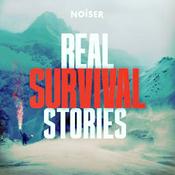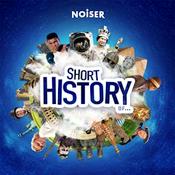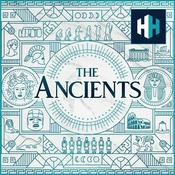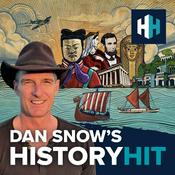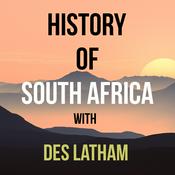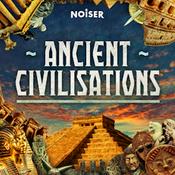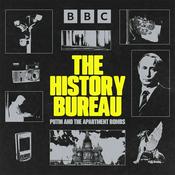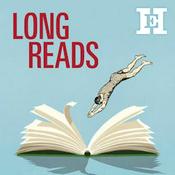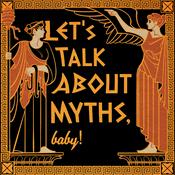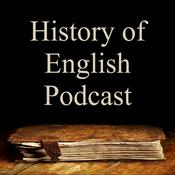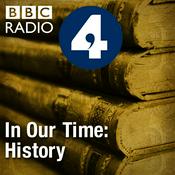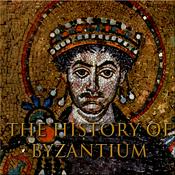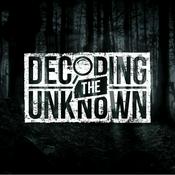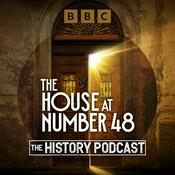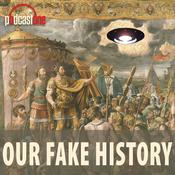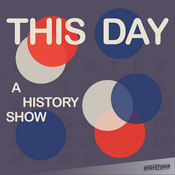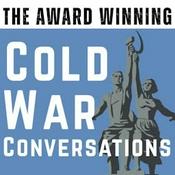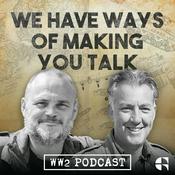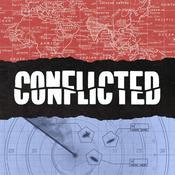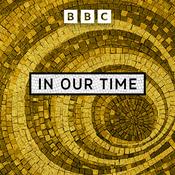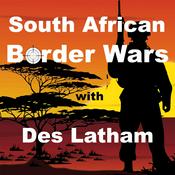47 episodes
Eric Halsey, "State Builders from the Steppe: A History of The First Bulgarian Empire" (This is RETHINK, 2025)
2025/11/13 | 45 mins.State Builders from the Steppe: A History of the First Bulgarian Empire (This is RETHINK, 2025) explores how the Proto-Bulgarians were able to build both an empire and an identity amidst the turmoil of the Balkans in the Early Middle Ages. From creating the Cyrillic Alphabet and crowning the first ever Tsar to defeating the first Arab invasion of Europe and nearly conquering the last vestiges of the Roman Empire, the history of the First Bulgarian Empire is equal parts fascinating and dramatic. In this episode, Eric Halsey joins me to discuss the little-known history of the First Bulgarian Empire, its nomadic pastoralist origins, why the empire collapsed, and its legacies in Bulgaria today.
Learn more about your ad choices. Visit megaphone.fm/adchoicesA Song for the Horses: Musical Heritage for More-than-Human Futures in Mongolia
2025/10/27 | 1h 3 mins.As permafrost in Siberia continues to melt and the steppe in the Gobi turns to desert, people in Mongolia are faced with overlapping climate crises. Some nomadic herders describe climate change as the end of a world. They are quick to add that the world has ended before for Indigenous people in North Asia, as waves of colonialism have left the steppe with a complicated web of apocalypses. A Song for the Horses by K. G. Hutchins examines cases in which people respond to the pressures of climate change by drawing on cultural heritage to foster social resiliency. In this episode, K. G. joins me to discuss his research on the morin khuur, or “horse fiddle,” in Mongolia, and how Mongolians use the traditional instrument to express and envision human and more-than-human futures against the backdrop of anthropogenic climate change.
Learn more about your ad choices. Visit megaphone.fm/adchoicesTiffany Earley-Spadoni, "Landscapes of Warfare: Urartu and Assyria in the Ancient Middle East" (UP Colorado, 2025)
2025/9/28 | 39 mins.Landscapes of Warfare: Urartu and Assyria in the Ancient Middle East (University Press of Colorado, 2025) offers an in-depth exploration of the Urartian empire, which occupied the highlands of present-day Turkey, Armenia, and Iran in the early first millennium BCE. Lesser known than its rival, the Neo-Assyrian empire, Urartu presents a unique case of imperial power distributed among mountain fortresses rather than centralized in cities. Through spatial analysis, the book demonstrates how systematic warfare, driven by imperial ambitions, shaped Urartian and Assyrian territories, creating symbolically and materially powerful landscapes.
Tiffany Earley-Spadoni challenges traditional views by emphasizing warfare’s role in organizing ancient landscapes, suggesting that Urartu’s strength lay in its strategic optimization of terrain through fortified regional networks. Using an interdisciplinary approach that includes GIS-enabled studies and integrates archaeological, historical, and art-historical evidence, she illustrates how warfare was a generative force in structuring space and society in the ancient Middle East. Landscapes of Warfare situates Urartu’s developments within the broader context of regional empires, providing insights into the mechanisms of warfare, governance, and cultural identity formation.
Learn more about your ad choices. Visit megaphone.fm/adchoices- Contemporary, commonly-accepted understandings of the history of Chinese state formation see the nomadic pastoralists of the Eurasian steppe as peripheral appendages to a centralized, agriculturalist empire. In his work, Lhamsuren Munkh-Erdene argues against what he calls “the Sinocentric paradigm” in favor of an interpretation of nomadic pastoralism as the origin of the premodern state. In this interview, we discuss the conquest theory of state formation, how mobility is essential to state control, and how nomadic state origins can be found globally beyond the Eurasian steppe.
Learn more about your ad choices. Visit megaphone.fm/adchoices - The word Roma conjures images of free-spirited nomads, creative and easy-going people who choose to eschew social conformity for personal independence and a life on the road. Few know the Roma’s long history of being harassed, expelled, deported, demonized, enslaved, and murdered. In The Roma: A Travelling History, Madeline Potter blends memoir and archival research to uncover Romani history across Europe and beyond, from the United States to Romania where she was born and raised; from sixteenth-century Spain to modern Sweden; from Nazi Austria to twenty-first-century France. Madeline tells the interwoven stories of joy and resilience, trauma and persecution, of Romani communities past and present, and reflects on what the future may hold for both nomadic and settled Romani families.
Learn more about your ad choices. Visit megaphone.fm/adchoices
More History podcasts
Trending History podcasts
About Nomads, Past and Present
A podcast about nomadism and nomadic peoples, around the world and throughout history.
Podcast websiteListen to Nomads, Past and Present, Real Survival Stories and many other podcasts from around the world with the radio.net app
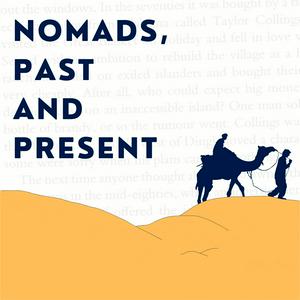
Get the free radio.net app
- Stations and podcasts to bookmark
- Stream via Wi-Fi or Bluetooth
- Supports Carplay & Android Auto
- Many other app features
Get the free radio.net app
- Stations and podcasts to bookmark
- Stream via Wi-Fi or Bluetooth
- Supports Carplay & Android Auto
- Many other app features


Nomads, Past and Present
Scan code,
download the app,
start listening.
download the app,
start listening.

